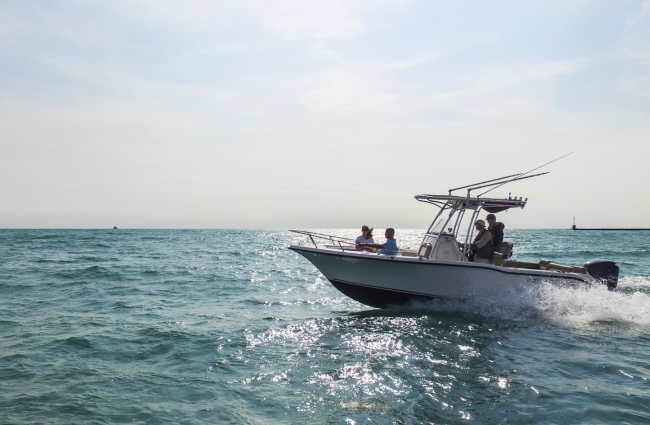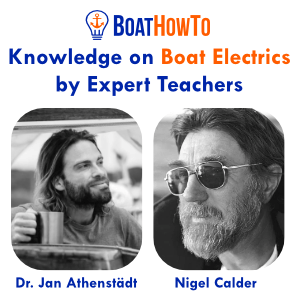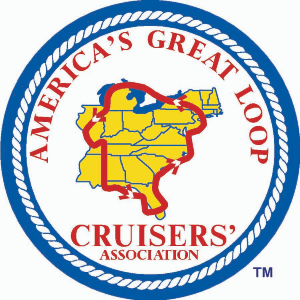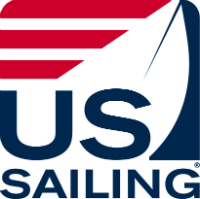
Last week, Representatives Bill Posey (R-FL) and Mike Collins (R-GA) voiced concerns in a U.S. House of Representatives hearing over the National Oceanic and Atmospheric Administration (NOAA)'s proposed vessel speed restrictions along the Atlantic Coast. This came on the heels of the American Boating Congress (ABC) in Washington, D.C., where the proposed expansion of NOAA's vessel speed restriction, and the impacts on the $230 billion recreational boating industry, were a main focus.
Both members' districts are positioned directly on or near the Atlantic Coast where NOAA's proposed rule would limit all boats 35 ft. and up from traveling faster than 10 knots (11 mph) from Massachusetts to central Florida, for up to 7 months out of the year, in some places up to 90 miles offshore.
Representatives Posey and Collins, in a House Science, Space, and Technology subcommittee hearing, directed questions and concerns to NOAA Administrator Richard Spinrad over NOAA's lack of stakeholder engagement in its North Atlantic Right Whale Vessel Strike Reduction Rule.
Representative Posey's line of questioning may be viewed here.
Recreational boating and fishing stakeholders are encouraged to make their voices heard on Capitol Hill, in district offices, and at the local level by contacting lawmakers and staff to discuss the impacts of NOAA's proposed rule, as well as taking action on the Boating United platform.
To coordinate a letter to district offices and offices on Capitol Hill, or to arrange a meeting with your members of Congress, either in-person or virtually, please contact Clay Crabtree, director of federal government relations at ccrabtree@nmma.org.












